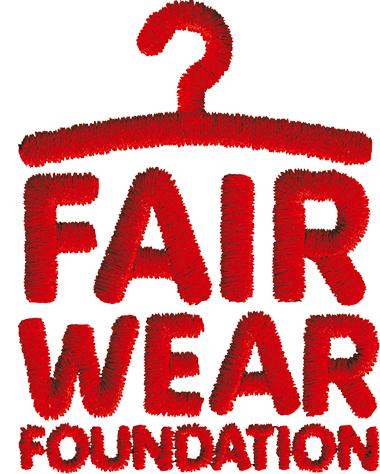Fair Wear supports Global Climate Strike
date:
Fair Wear Foundation stands in solidarity with the hundreds of thousands of young people participating in the Global Climate Strike.
Climate change is a human rights issue. No one in the world will be spared the harmful effects of climate change, and garment workers stand to be some of those hardest hit—by way of the impact it is likely to have on their workplaces (overheating due to extreme heat); livelihoods (as resources become scarce and jobs move); and their communities (floods and draughts, food shortages, etc).
To consider environmental activism as separate from workers human rights is folly.
We already see that environmental change is underway. If nothing changes, the industry is running headlong into shortages, competition, and collapse. Workers will experience irreparable damage to the natural resources that their communities depend on. As worker advocates this can be nothing less than alarming.
(Access the full article on thethreads.org *)
In short, we need to take action. Now.
What is the Global Climate Strike?
Youth around the world have been striking from school on Fridays, demanding action to stop the global climate crisis. They are calling for a mass mobilisation today—three days ahead of a United Nations emergency climate summit—to move world governments to take emergency action and end the fossil fuel era.
Over 1,700 strikes are planned in more than 150 countries to disrupt business as usual, and strikers are calling on everyone to join them. On top of this, Over 1,000 websites and companies are joining the Digital Climate Strike.
This is a crucial moment for all of us to join voices and demand action to stop climate change. So stop what you are doing and join in. Together, we can make sure we’re heard.
Join the digital strike. Participate in the Global Climate Strike.
* thethreads.org is a new collaboration that weaves together different disciplines and points of view about what needs to happen to speed up human rights and environmental improvement in the garment industry.

















